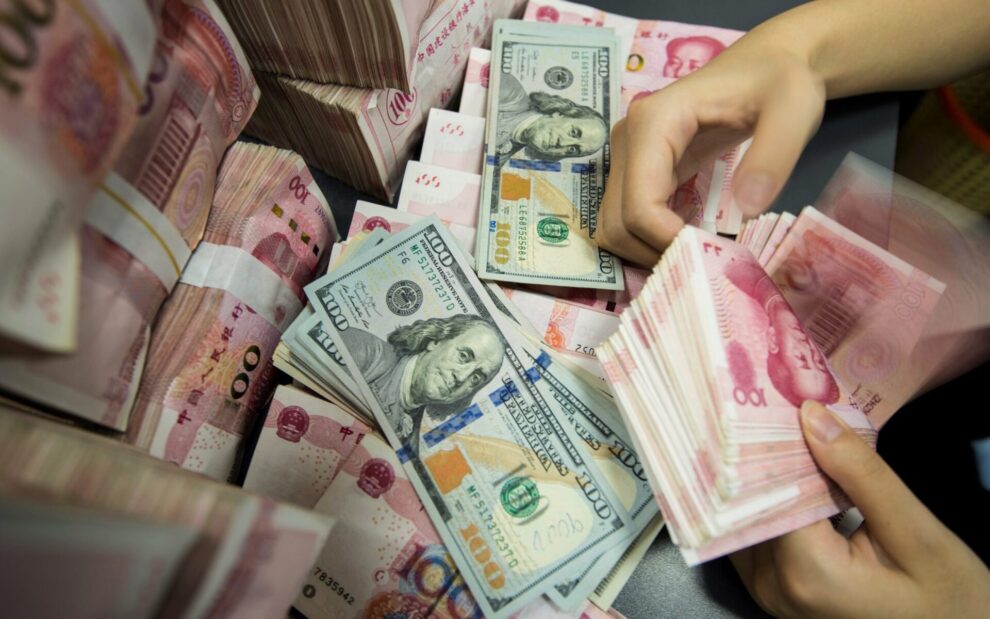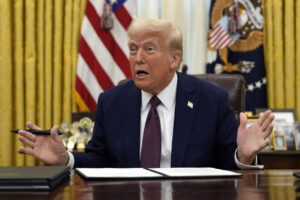There have been a mounting number of money laundering arrests around the world involving Chinese nationals and syndicates recently. A web of links is believed to extend throughout Asia and beyond.
In the past few months, a growing number of money laundering arrests have been announced by police worldwide, all with a common theme: China.
According to investigators, Chinese nationals and syndicates play a significant role in the laundering business. The source of the criminal proceeds they help launder vary from online scams to drug trafficking. Although arrests have been made in several countries, the web of links extends beyond online casino operators in Southeast Asia to banking networks in the West.
finews.asia looks at the countries where authorities have recently handcuffed Chinese money laundering suspects.
Singapore
The largest money laundering case in Singapore’s history continues to unfold. So far, ten individuals have been arrested with more than S$2.8 billion ($2 billion) in assets seized. Investigations unveiled links to Hong Kong, where a suspect held assets at three banks.
While the suspects hold passports from Cambodia, Cyprus, Turkey, and Vanuatu, they’re all originally from the eastern Chinese province of Fujian. They’re related by birth or marriage.
Some are wanted in China and are allegedly linked to the «Heng Bo Bao Wang» gambling syndicate and Wang Bingang, founder of the «Hongli» gambling syndicate, who managed to avoid arrest during an anti-money laundering blitz in August.
Australia
Yesterday, the Australian Federal Police (AFP) announced the seizure of over A$50 million ($32 million) in assets and the arrest of seven individuals – four Chinese nationals and three Australian citizens – who are members of the alleged money laundering syndicate «Long River.»
The Chinese syndicate is believed to be secretly operating «Changjiang Currency Exchange,» one of Australia’s largest independently owned remitters, which has been accused of laundering A$229 million in criminal proceeds from unlawful acts such as cyber scams, illegal goods trafficking, and violent crimes.
It’s the third China-related laundering case announced by the AFP this year. The same day, a Chinese national was arrested and charged with allegedly using an Australian crime syndicate to help launder A$100 million stolen from victims who invested in a scam via instant messaging. In February, the AFP charged nine members of a Chinese-Australian money laundering syndicate and seized over A$150 million in assets.
India
India’s financial crime agency arrested four individuals in an alleged money laundering case earlier this month, including Guangwen Kuang, a Chinese national and head of administration at phone maker Vivo.
Separately, Indian police formally accused Vivo, alongside rival Xiaomi, of helping transfer funds illegally to a news portal that is being probed on charges of spreading Chinese propaganda.
According to data from research firm Counterpoint, Vivo is the second largest smartphone brand in India by shipments, with a 17 percent market share, and is owned by China’s BBK Electronics.
Italy
This month, Italian police arrested 33 people, including seven Chinese nationals, as part of a crackdown on money brokers who allegedly laundered over 50 million euros ($53 million) from criminal groups, including Calabria’s «Ndrangheta» crime syndicate. The suspects face charges of organized criminal conspiracy for drug trafficking and money laundering.
«This is what we have tracked from 2020 to 2022, but investigations cannot trace all operations. It’s like doing a stakeout; you see 20 percent of what happens,» said Guardia di Finanza police colonel Francesco Ruis in a «Reuters» report.
«The deals between the two Chinese brokers took place through triangulations and fictitious business transactions in China, while the cash traveled by plane to China using the so-called money mules.»
Spain
Last month, Spanish police arrested 27 individuals, including Albanian and Chinese nationals, for laundering an estimated 65 million euros from drug trafficking activities between May 2020 and March 2021. The Spanish National Police, supported by Europol, seized over a million euros in assets from the group.
«The Chinese nationals played a major role in these criminal activities,» said a Europol statement, highlighting that two Chinese acted as coordinators by managing numerous Asian establishments throughout Spain, which serviced money laundering schemes for drug trafficking profits.
Web of Links
While the list above focuses on police arrests and investigations, the web of links from Chinese money laundering extends beyond.
Many lead to gambling syndicates in Southeast Asian nations like the Philippines, Cambodia, and Myanmar. Others led to shadow banking networks in the Caribbean, Switzerland, America, and the United Arab Emirates.
Only a Fraction
Even if successfully charged, the arrests and probes represent only a fraction of overall activity. According to the United Nations Office on Drugs and Crime, the amount of money laundered annually is estimated to be around 2 to 5 percent of global GDP or up to $5 trillion in 2022.
Although anti-money laundering efforts can deter criminals by increasing the risk and cost of their operations, there will likely always be sufficient appetite for new methods.
«[E]ven the most stringent preventive measures can be circumvented by determined criminals,» said Josephine Teo, Singapore’s Minister for Communications and Information, in a statement on the city-state’s headline laundering case. «Just as low crime does not mean no crime, zero tolerance of money laundering does not mean zero occurrence.»
Source: Finews










